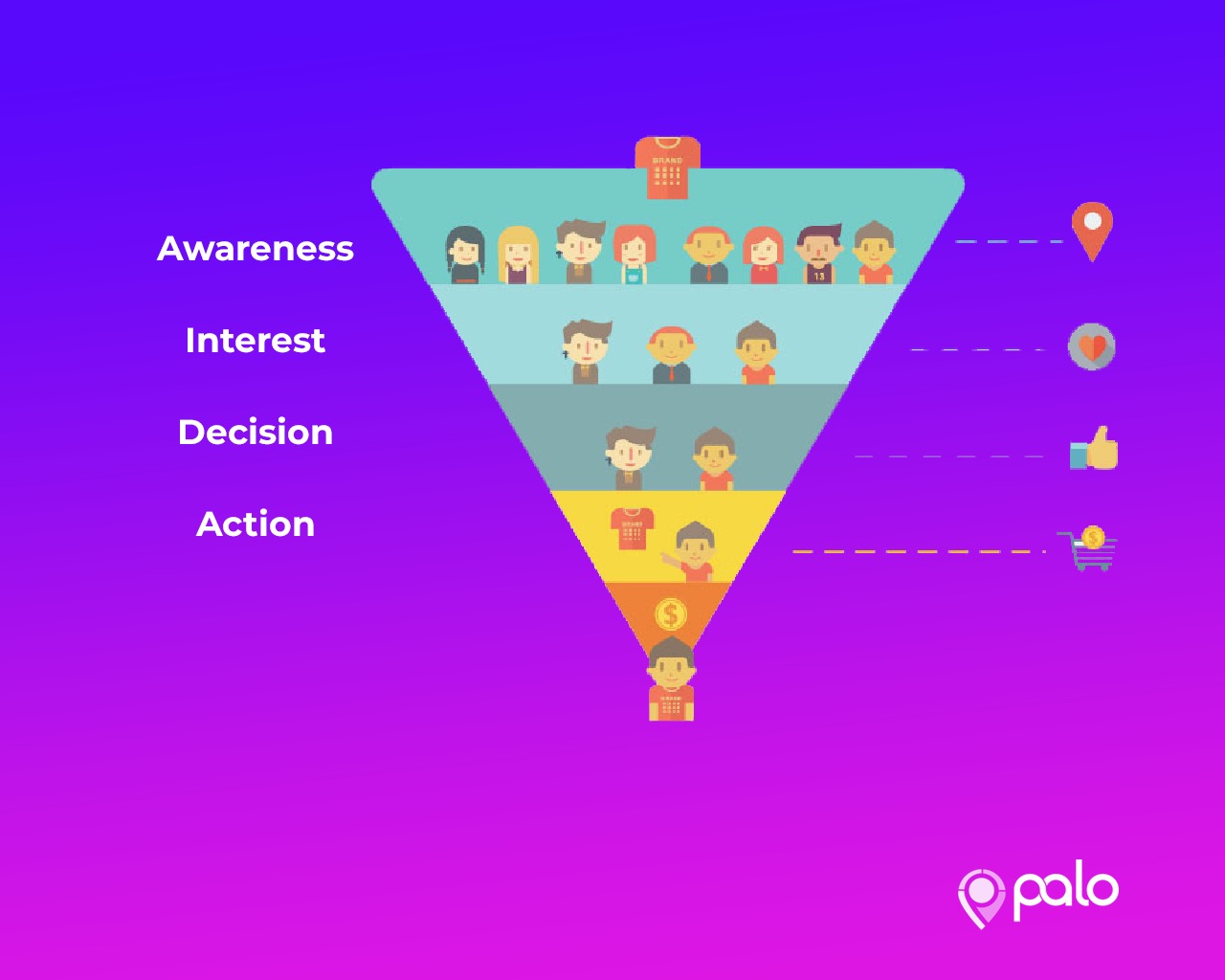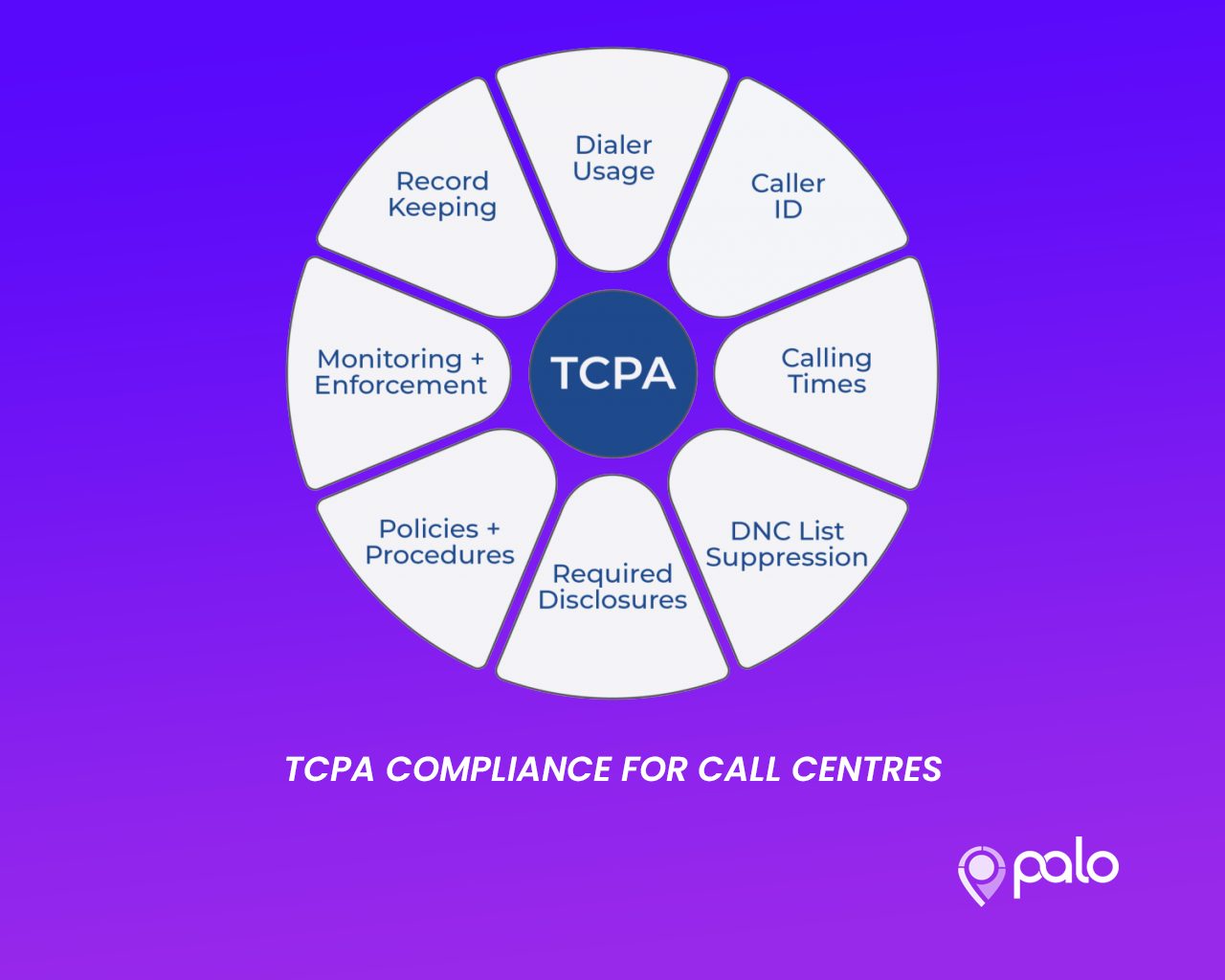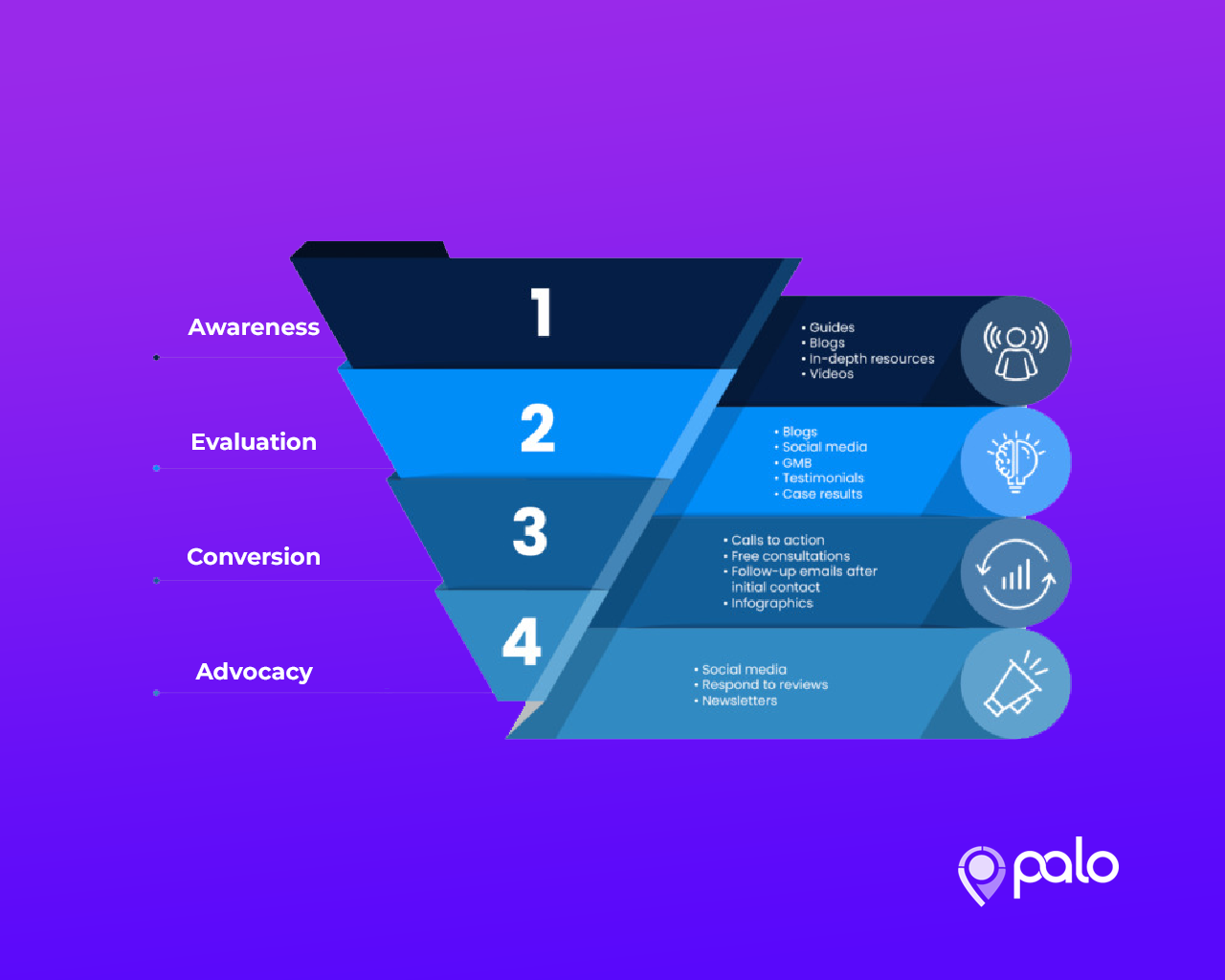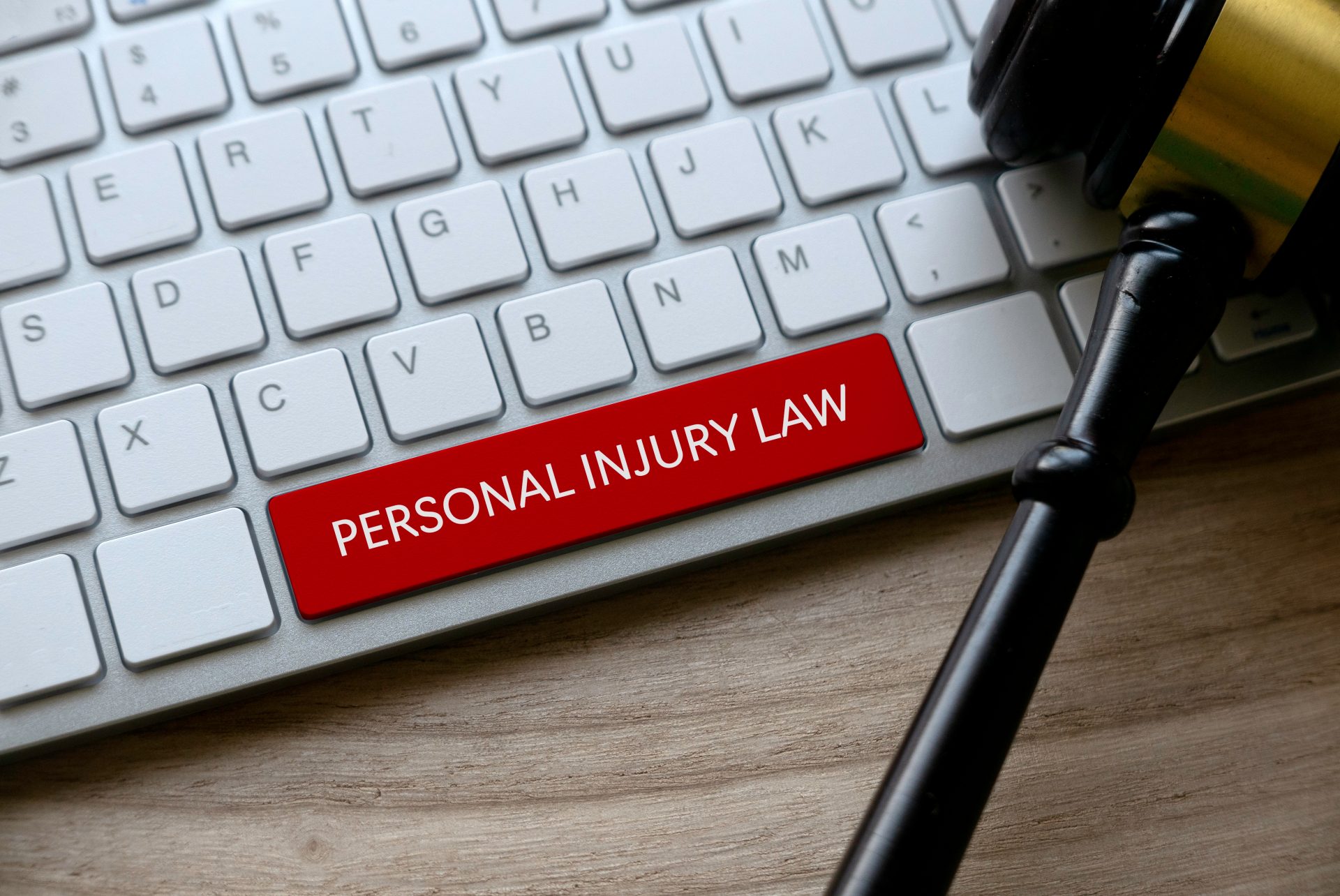
Qualifying Personal Injury Leads for Attorneys: How to Do It Right
Running and scaling a personal injury law firm can be daunting and exhausting. In law school, they only teach you the different aspects of law but never teach you how to start, grow, and scale a law firm. To grow your legal practice, you need a healthy pipeline of highly qualified personal injury leads.
Unfortunately, that is not always an easy thing to achieve. Although a significant number of lawyers have set up lead generation strategies, only a few of them go a step further and qualify their leads.
Qualifying your leads ensures you are not wasting your time taking a case that will only do more harm than good. It is about ensuring that you are talking to the right people who really want your legal services and are ready to pay for them.
So, what does the attorney lead qualification process entail? Read on to find out everything you need to know about qualifying personal injury leads.
What Is Attorney Lead Qualification?
In simple terms, lead qualification refers to the process of establishing the likelihood of a lead turning into a case. In other words, it is like the process of establishing which customer will most likely make a purchase.
This is a critical aspect of every sales funnel that often takes in a significant number of leads but only converts a percentage of them into real clients.
The perfect lead is already interested in your legal services and isn’t looking for a way to solve a problem. They already know about their situation and believe you can help them seek justice and rightful compensation.
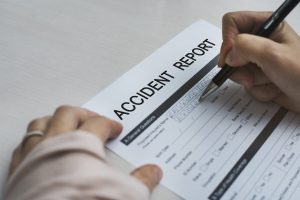
By qualifying your personal injury leads, you can get a better idea of what your potential clients are looking for before you schedule an initial consultation meeting.
Asking the right questions during the qualification process can save you a lot of time in the long run.
Why Is Attorney Lead Qualification Important?
The key to generating the best personal injury leads is finding clients with a relatively high intent for action. Such prospects are going to save you a lot of time and money in the long term.
For instance, a client who finds your law firm through a keyword search on Google is usually considered a high intent prospect but obtained through a low reputation source. This is because a Google search will always list your law firm with hundreds of others.
Therefore, the search engine isn’t making your law practice appear any more reputable and trustworthy than the second or third in the search engine result pages. While social media can be more effective, they tend to generate low intent leads.
Regardless of how you generate your personal injury leads, you need to go a step further and qualify them to know who is worth your effort. Don’t trust everything that comes out of the lead generation pipeline blindly.
How to Qualify Personal Injury Leads
Now that you understand what lead qualification is all about and why it is essential, let us look at some of the strategies you can use to qualify your leads.
1. Learn to Ask the Right Questions
Having loads of leads won’t help you close more clients. You need to take time to figure out where they are in the research/hiring process to close them, and asking the right questions can help you accomplish the mission.
So, if you are a personal injury attorney, you should consider asking your prospects the following questions as part of the qualification process.
- When did the accident happen?
- What type of accident led to your injuries (slip and fall, car accident, professional negligence, etc.)?
- Who was at fault?
- Did you seek medical treatment after the accident?
- Where did the accident happen?
- Are you currently working with another personal injury attorney?
Study the answers provided keenly to understand the type of person you are dealing with and if they are a good lead or not. When asking questions, keep in mind that it is an art, and the only way to get better at it is through thorough preparation and practice.
2. Understand What Your Prospects Really Want
What are your clients’ needs? Do they need consultation, case evaluation, or an attorney to represent them in court? If you can’t figure out what the prospect wants, it may be hard to provide good help that can lead them to hire you as their personal injury attorney.
Learn to understand what your prospective clients really want and not what they say they want or what you think they want. Pay attention to how they express themselves and focus more on the non-verbal clues.
Go ahead and ask them clarifying questions to help you find out exactly what they want. The best marketers know how to keep the conversation going until they get the answers they are looking for.
The more the prospective client talks about their case and situation, the more you can find out what exactly they want and whether you can help them.
There is no point in spending a lot of time on case leads who don’t need your legal services.
3. Set Up a Cohesive Intake Process
The third step in qualifying personal injury leads is to ensure that you have a strong client intake system set up in your law firm. This is arguably the most important step because it can make or break your marketing effort.
A strong system should establish immediate contact with the prospect and provide a good user experience. It should also ensure that no leads fall through the cracks.
So, if you are running click-to-call campaigns, you need to ensure the IVR system is highly responsive and provides relevant information to generated leads.

Qualified leads that go past the IVR should be connected to a call center immediately to continue the conversation with a real person. Ensure the call center is well staffed to reduce call wait times, and all agents are fully trained on how to answer various questions that the prospect might ask.
The system you set up should help you nurture leads, engage with them, and even automate repetitive tasks.
Keep in mind that when you run a personal injury law firm, you may come across very emotional cases that require special attention. Therefore, it is important to choose a system that is more personable to show your prospective clients how important their case is to you.
4. Use a Lead Scoring Model
A simple lead scoring system will help you determine if the lead is qualified and when to reach out. A typical lead scoring model usually assigns different point values to different lead actions, such as opening an email or visiting a specific webpage on your site.
An accumulation of these points can help you determine what stage of the hiring cycle they are in, which helps you know whether it is the right time to reach out or not.
However, it is critical to keep in mind that different lead scoring systems have different features and the score assigned to each indicator depends on the company’s priorities, the legal services you offer, and how you offer them.
Although the number of points assigned to every lead action and the threshold your in-house marketing team may consider ripe for qualification will vary, the basic principles of lead scoring can help you prioritize your leads and know where to channel your effort.
You Have Qualified Your Leads, Now What?
Everything doesn’t stop with qualifying your leads. Once you are through with the qualification process, it is time to start following up on them.
Ensure you contact all qualified leads promptly and guide them on the next steps they need to take. Do they need to schedule a meeting?

End the conversation by thanking them and making them feel comfortable. They need to be assured that you are the right personal injury attorney for their case, and you will do everything possible to help them find justice.
Most importantly, don’t scare off the leads that didn’t qualify. Instead, treat them nicely, and some of them may come back to hire you later. Always strive to provide a positive experience and keep in touch with everyone who has come through your sales funnel.
Summary
Ultimately, your ability to generate, nurture and convert personal injury leads to high-paying clients will depend more on your lead qualification strategy. Targeting the right audience with the right message will only mean more cases and more revenue for your law firm.
Ask the right questions, listen keenly and focus on providing tangible solutions, then watch everything else fall into place.
Are you struggling to generate highly-qualified personal injury leads? PALO is here for you. Contact us today to find out how we can help you generate more qualified leads for your law firm to scale.




